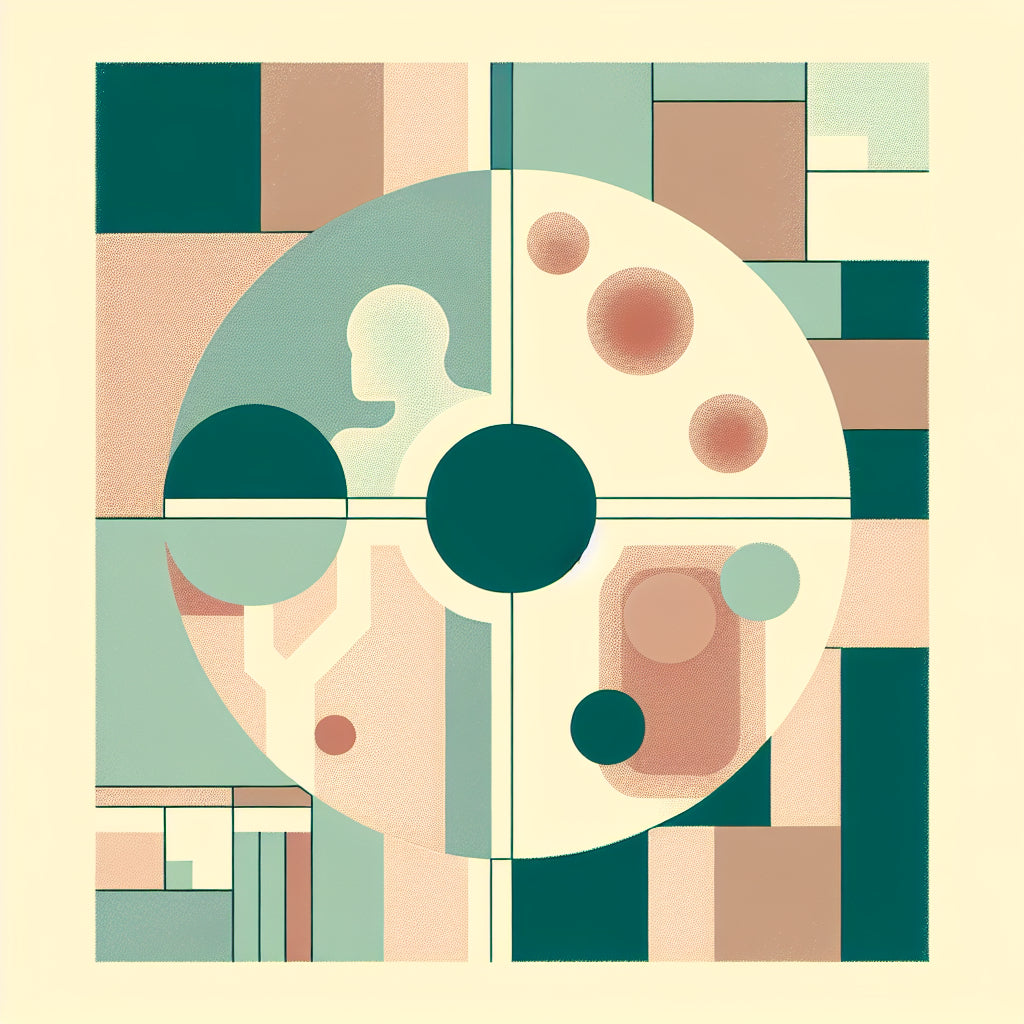
Enhancing CAR T-cell therapy for cancer relapse
Share
Revolutionizing cancer treatment
While CAR T-cell therapies have significantly advanced the treatment of B-cell hematologic cancers, they face the challenge of patient relapse after initial remission. Researchers at Dana-Farber Cancer Institute have developed a novel approach aimed at overcoming this limitation by enhancing the persistence and activity of CAR T-cells.
Innovative CAR-Enhancer platform
The new technique involves a CAR-Enhancer (CAR-E) therapeutic platform that not only prolongs the life of CAR T-cells but also enables them to remember cancer cells, thus staying prepared for any potential recurrence of the disease. This innovation has shown promising results in preclinical studies, completely eradicating tumor cells and paving the way for upcoming human clinical trials.
Benefits of the CAR-E approach
The CAR-E platform utilizes a modified form of the immune-signaling molecule interleukin-2 (IL-2), which is fused to an antigen that CAR T-cells target. This design enhances the specificity and reduces the toxicity associated with traditional IL-2 therapy. By directly delivering this molecule to the CAR T-cells, the treatment significantly boosts their ability to fight cancer more effectively and for longer durations.
Potential impact on treatment protocols
This breakthrough could potentially reduce the need for large numbers of CAR T-cells currently required for therapy, which is a costly and time-consuming process. The ability of CAR-E to re-stimulate and expand CAR T-cells in the body could lead to more efficient and less burdensome treatment regimens, possibly allowing for lower doses and fewer side effects, such as cytokine release syndrome.
Looking forward
The researchers are optimistic about the integration of CAR-E therapy into existing treatment protocols for CAR T-cell therapies. The next step involves clinical trials to verify the safety and efficacy of this innovative approach, with hopes to significantly improve outcomes for patients suffering from relapsed cancers after CAR T-cell therapy.